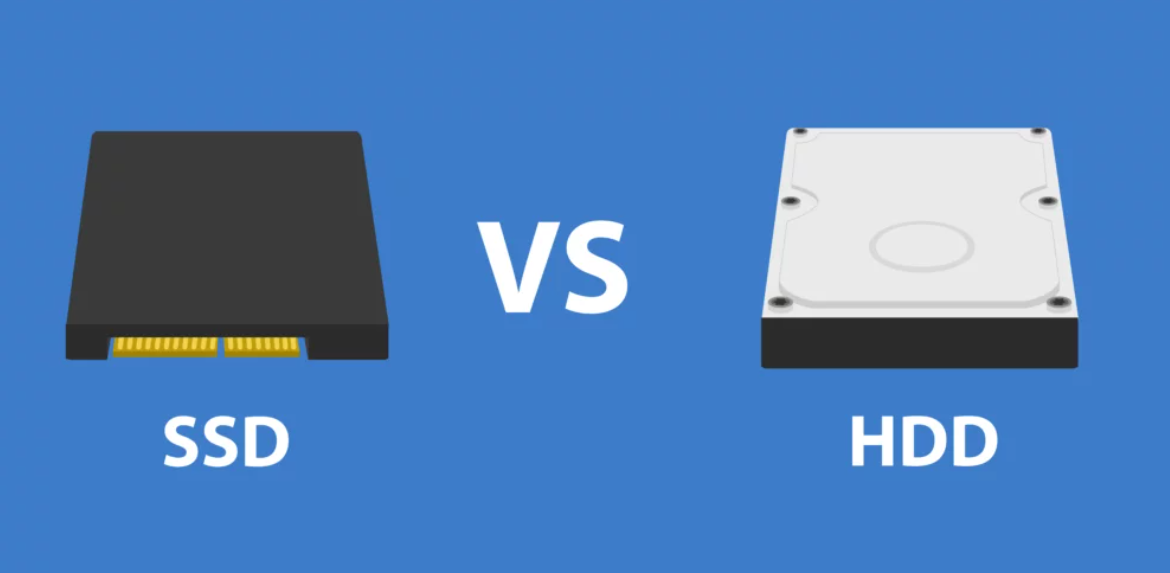
When it comes to choosing a storage device for your computer, there are two main options: solid state drives (SSDs) and hard disk drives (HDDs). Both have their own advantages and disadvantages, so it’s important to understand the differences before making a decision.
SSDs
SSDs are the newer technology and offer a number of advantages over HDDs. They are much faster, both in terms of read and write speeds. This means that your computer will boot up faster, applications will launch faster, and files will transfer faster. SSDs also use less power than HDDs, which can extend the battery life of your laptop. Additionally, SSDs are more durable than HDDs because they have no moving parts. This makes them less susceptible to damage from drops or bumps.
However, SSDs also have some disadvantages. They are more expensive than HDDs, and they typically have less storage capacity. Additionally, SSDs can be more difficult to recover data from if they fail.
HDDs
HDDs are the older technology, but they are still a popular choice for storage. They offer more storage capacity than SSDs at a lower price. Additionally, HDDs are more resistant to shock and vibration than SSDs.
However, HDDs are slower than SSDs, both in terms of read and write speeds. This can make your computer feel sluggish, especially if you’re used to using an SSD. Additionally, HDDs use more power than SSDs, which can shorten the battery life of your laptop.
Which One Should You Choose?
So, which one should you choose? The answer depends on your needs and budget. If you’re looking for the fastest possible performance, then an SSD is the way to go. However, if you need a lot of storage space at a low price, then an HDD is a better option.
Here is a table summarizing the pros and cons of SSDs and HDDs:
| Feature | SSD | HDD |
|---|---|---|
| Speed | Much faster | Slower |
| Power consumption | Less power | More power |
| Durability | More durable | Less durable |
| Storage capacity | Less storage | More storage |
| Price | More expensive | Less expensive |
| Data recovery | More difficult | Easier |
Ultimately, the best way to decide which type of storage device is right for you is to consider your needs and budget. If you’re not sure, it’s always a good idea to consult with a computer expert.
Here are some additional things to consider when choosing between an SSD and an HDD:
- The type of computer you have. If you have a laptop, an SSD is a good option because it will help to extend the battery life. If you have a desktop computer, you can choose either an SSD or an HDD, depending on your needs.
- The type of applications you use. If you use applications that require a lot of read/write operations, such as video editing or gaming, then an SSD will give you the best performance.
- Your budget. SSDs are more expensive than HDDs, but the price difference is narrowing.
I hope this article has helped you to understand the differences between SSDs and HDDs. If you have any further questions, please feel free to ask me.





